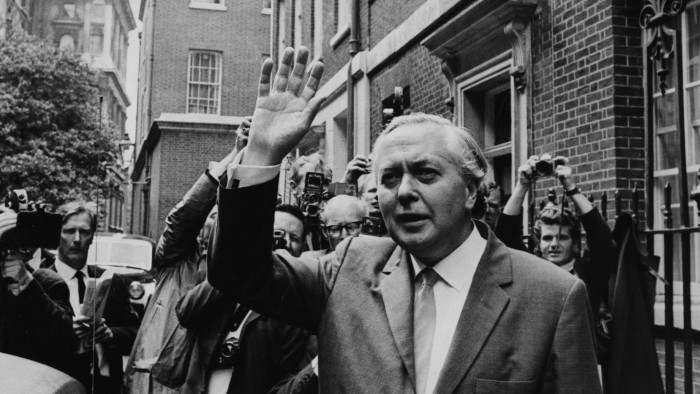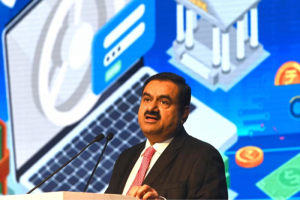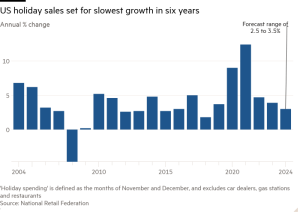How to strengthen government machinery

This article is an on-site version of our Inside Politics newsletter. Subscribers can sign up here to get the newsletter delivered every weekday. If you’re not a subscriber, you can still receive the newsletter free for 30 days
Good morning. Shameless self-promotion alert: I had a lovely time on Radio 4’s Start the Week yesterday talking about the role of political fixers alongside Peter Kosminsky (whose television adaptation of Hilary Mantel’s The Mirror and the Light is running on the BBC right now) and Lucy Hughes-Hallett (whose latest book is a biography of George Villiers. Villiers was James VI and I’s last favourite, and a close adviser to both James and his son, Charles I).
As it happens this is a good excuse to write about a new report that Reform (the think-tank, not the political party) has produced about the role of special advisers and the political support for ministers generally. It sets out suggestions for a new model, “one that would introduce much greater capacity, clarity and flexibility to the system”.
Inside Politics is edited by Georgina Quach. Read the previous edition of the newsletter here. Please send gossip, thoughts and feedback to [email protected]
A SpAd is born
Harold Wilson invented special advisers in 1964 as a way to let the government think politically. (In some ways, Wilson himself, an Oxford don who was drafted in to work for the civil service during the second world war, was the prototype of the role that he would later fully formalise when prime minister).
The independent civil service is not geared up to provide political direction on behalf of the secretary of state, so the special adviser fills that role. They are appointed on a temporary basis.
The alternative, which Margaret Thatcher opted for, was for selected civil servants, such as Charles Powell and Bernard Ingham, to act in a more party political manner. I don’t really have religion on this and I don’t think there is a practical difference between having a more party-political slice of the permanent civil service or explicitly promoting special advisers.
The one advantage of the latter is that it allows you to do as Reform suggests in its report and explicitly declare why you are appointing a special adviser, for legislative, policy or comms-related reasons. This can be beneficial as it’s possible that on occasions, governments of different stripes might keep policy advisers across administrations.
If we take, say, the Labour government’s attempts to increase the effectiveness of the UK pensions industry: this is a shared objective of both the new Labour government and the outgoing Conservative government. So you could in theory maintain not only administrative continuity in the civil service, but political continuity in areas where the government and opposition agree. Past examples include: schools reform in the case of the Blairites and David Cameron’s government, as well as the reduction of our carbon emissions from 1989 to 2022.
My one minor note to add to Reform’s report is that when thinking about how to improve special advisers, we should consider doing so alongside Wilson’s other big innovation on how we are governed: the introduction of Short Money to help fund opposition parties in their work.
If we are to improve the pay, conditions and hiring process for government advisers, we ought to do the same to the opposition. It would be bad for accountability otherwise. Wilson introduced special advisers at the start of his first government in 1964 and Short Money at the start of his second in 1974. But in future we really ought to reform the two together.
Now try this
This week, I mostly listened to Emma Rawicz while writing my column, though I have already recommended her. Also on repeat was the immortal Wayne Shorter, whose Native Dancer you can listen to here.
Top stories today
Recommended newsletters for you
White House Watch — Your essential guide to what the 2024 election means for Washington and the world. Sign up here
One Must-Read — Remarkable journalism you won’t want to miss. Sign up here
#strengthen #government #machinery




